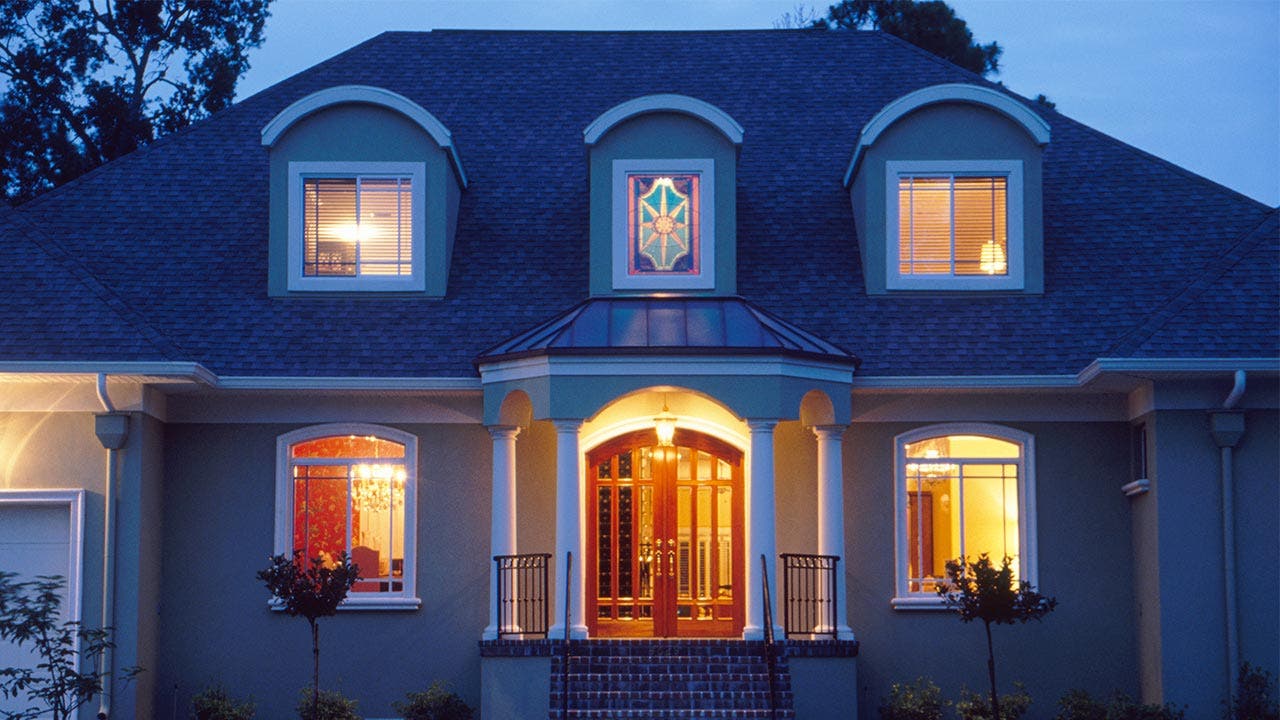A few of the most common types of home mortgages consist of: With a fixed-rate mortgage, the interest rate is the same for the whole term of the mortgage. The home mortgage rate you can receive will be based upon your credit, your down payment, your loan term and your loan provider. A variable-rate mortgage (ARM) is a loan that has a rate of interest that changes after the first several years of the loanusually 5, seven or ten years.
Rates can either increase or reduce based upon a range of elements. With an ARM, rates are based on an underlying variable, like the prime rate. While borrowers can in theory see their payments decrease when rates change, this is really unusual. More frequently, ARMs are used by individuals who don't plan to hold a home long term or plan to re-finance at a fixed rate before their rates adjust.
The government provides direct-issue loans through government companies like the Federal Real Estate Administration, United States Department of Agriculture or the Department of Veterans Affairs. These loans are usually created for low-income householders or those who can't manage large down payments. Insured loans are another type of government-backed mortgage. These include not simply programs administered by agencies like the FHA and USDA, but likewise those that are issued by banks and other lending institutions and after that offered to Fannie Mae or Freddie Mac.
Jumbo loans are similar to the adhering loans that are offered to Fannie and Freddie, however with one secret difference: They surpass the maximum loan quantity for adhering loans. For a lot of areas in the U - reverse mortgages how do they work.S., any house loan that surpasses $510,400 is a jumbo loan and may come with certain limitations or greater rates of interest ($ 765,600 is the threshold in high-cost areas).

What Does How Mortgages Payments Work Do?
These loans are stated not to be completely amortizedthe payments on the loan are structured for a schedule that lasts longer than the loan term. When the loan term on this type of home loan ends, you'll be needed to make a balloon payment. These balloon payments are frequently refinanced so you don't need to pay it off simultaneously, however that isn't always an optionif your credit rating declines, for instance.
Typically, the primary step is to recognize the best lending institution. Different kinds of lenders are better https://www.inhersight.com/companies/best/reviews/responsiveness?_n=112289636 for specific kinds of loans. Each can assist you discover the best loan based on your goals and circumstances. All customers need to go through an official application process to get approved for a home loan. This procedure will include inspecting your individual credit and finances.
The basic actions to receive a mortgage are: Total an application Provide an individual financial declaration Supply income documentation Have the residential or commercial property evaluated Have your home examined Evaluation loan alternatives and terms Close on your loan To get a jump-start on your home loan application, there are several items that you can collect.
When you get a loan, your application can be turned down for any variety of factors. Your debt-to-income ratio may be too expensive, or the home you're purchasing might not be worth more than you desire to borrow. Or, your credit might not suffice to certify. Any mortgage application will require a credit check, so you review your credit report ahead of time to ensure your credit remains in great shape.
10 Easy Facts About How Mortgages Subsidy Work Explained
Buying a house can be both an amazing and stressful procedure at the exact same time. But taking on the big cost of a home in one fell swoop is often tough for a specific or family to handle. That's where mortgages come in. Normally in exchange for a deposit, a loan provider will give you a home mortgage loan to enable you to finance your house with an interest rate connected.
Similar to other kinds of loans, mortgages require monthly payments a process called amortization whereby you lower the financial obligation you owe in time. The rates of interest you get will be largely depending on your credit history, along with the size of your initial deposit. Additionally, if you stop paying your home loan, the lending institution can foreclose on your house.
Deposit requirements differ from lending institution to lender and loan to loan, however they normally aren't greater than 20%. The primary balance connected with your mortgage is essentially the quantity you owe the lender. Lenders will not lend you cash free of charge. The rate of interest you get determines just how much extra you'll pay beyond just your primary balance.
Some examples of these are inspection costs, origination charges and title insurance. Home buyers who come up short on their deposit will likely need to purchase home loan insurance coverage. how do reverse mortgages work. Depending upon the kind of loan you get, this might can be found in the form of personal mortgage insurance coverage (PMI) or federal government loan insurance.

How Do Interest Rates On Mortgages Work for Dummies
The application process asks questions about aspects like your approximated deposit quantity, employment, annual earnings, credit rating, possessions and financial obligation. This helps the lender determine the optimum loan amount you can receive and the conditions under which you'll get it. Residential mortgages include two key kinds. These are fixed-rate home mortgages and variable-rate mortgages (ARMs).
A fixed-rate mortgage requires the borrower to pay the very same rates of interest throughout the duration of the loan. Since of this, property buyers will have the ability to prevent changing market patterns. For the most part, this design of home loan features either a 15- or 30-year term. Some lending institutions may have exclusive terms, though.
Then, depending upon market changes, your rate will alter normally on an annual basis. That makes ARMs substantially more unpredictable than their fixed-rate counterpart. Here are a couple examples of ARMs: The "5" suggests your preliminary rate will last for five years, while the "1" suggests your rate will reset every year.
Aside from basic home loan types, government agencies offer their own loans to property buyers. 3 key federal government agencies provide these services: the Federal Real Estate Administration (FHA), the U.S. Department of Agriculture (USDA) and the U.S. Department of Veterans Affairs (VA). FHA loans are unique in that they enable property buyers to pay just a 3.5% down payment, which is far below the basic 20%.
How Do Interest Rates On Mortgages Work for Beginners
In reality, even those who have declared bankruptcy can get authorized. You can just achieve a USDA loan if you're seeking to buy a home in a "backwoods," which is designated by the USDA itself. These fixed-rate mortgages frequently include no deposit whatsoever. Due to the fact that the VA uses these home mortgages, they are entirely offered to military service-members, retired service-members and some making it through military spouses.
Jumbo loans are non-conforming mortgages. This means that they don't fall within the maximum adhering loan limitations government agencies set. More particularly, loans for single-family homes are capped at $484,350. If your mortgage goes beyond those bounds, you need to obtain a jumbo loan. If you're prepared to make the delve into https://www.prweb.com/releases/2012/8/prweb9766140.htm homeownership, you'll likely need to get a mortgage.
There's a wide variety of companies that fit under this heading, consisting of banks, cooperative credit union and online lenders, like Rocket Home loan and SoFi. These lenders can then be divided into 2 subcategories: retail loan providers and direct lenders. The only essential difference in between them is that retail loan providers provide financial items beyond simply mortgages, while direct lending institutions focus on home mortgages (how do home mortgages work).